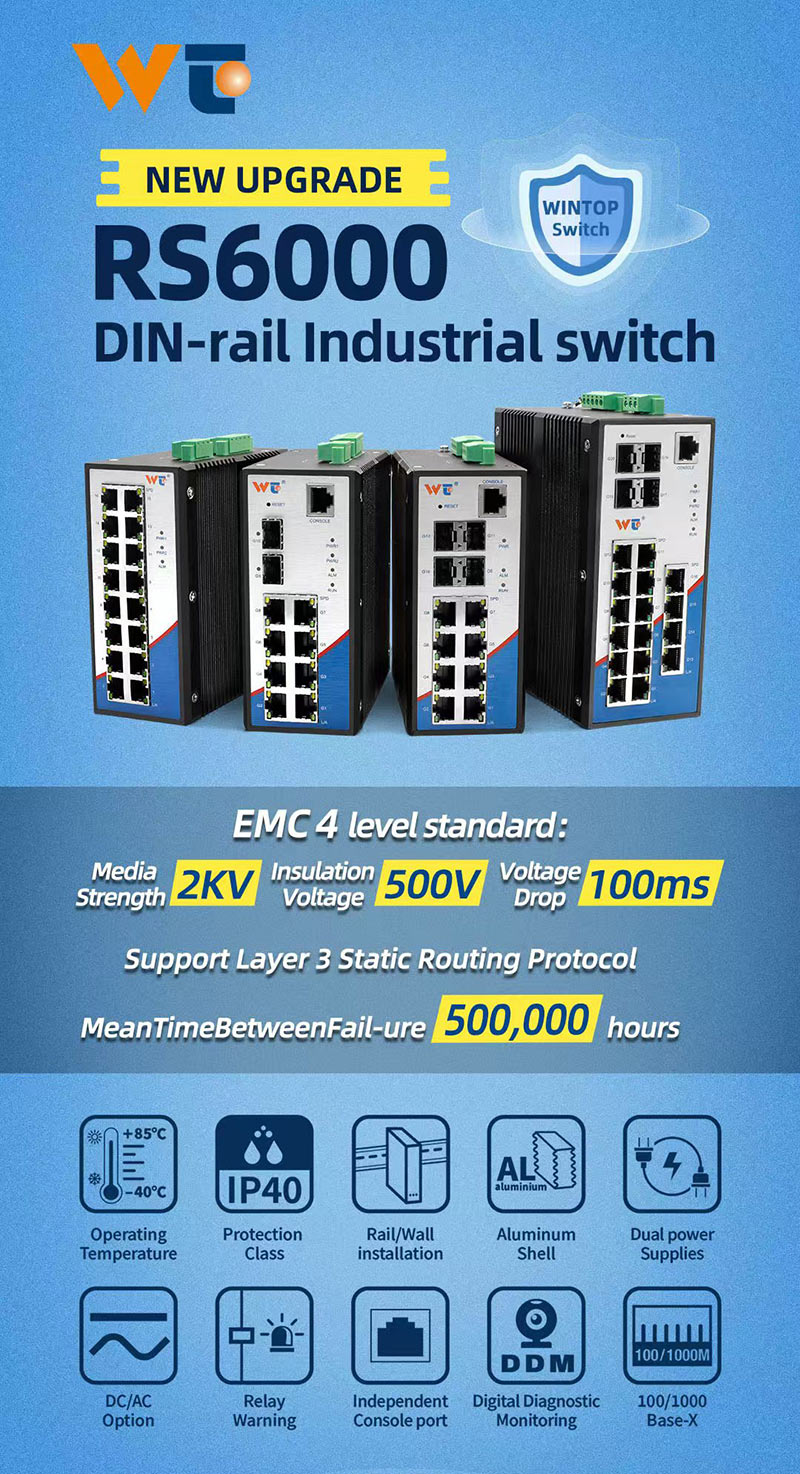The Future of Robust Connectivity: An Insight into Industrial Switch Chips
In the rapidly evolving landscape of industrial automation, the necessity for reliable and efficient network infrastructure cannot be overstated. Central to this infrastructure is the industrial switch—a pivotal component ensuring seamless communication within industrial networks. At the heart of these switches lies the industrial switch chip, an essential piece of technology designed to withstand the rigorous demands of industrial environments while providing robust performance and reliability.
What is an Industrial Switch Chip?
An industrial switch chip is an integrated circuit specifically engineered to manage the data flow between multiple network devices within industrial settings. Unlike consumer-grade switch chips, industrial switch chips are built to endure extreme temperatures, high electromagnetic interference, and continuous operation without failure. These chips incorporate a plethora of sophisticated features such as advanced Quality of Service (QoS) mechanisms, enhanced security protocols, and improved energy efficiency.
Key Features and Advantages
- Durability and Reliability:
Industrial environments are notorious for their harsh conditions, including extreme temperatures, mechanical shocks, vibrations, and electrical noise. Industrial switch chips are robustly designed to operate reliably in such conditions, ensuring uninterrupted network connectivity. They often comply with rigorous industrial standards such as the IEC 61850 for substation automation and the IEC 61000 for electromagnetic compatibility. - Advanced QoS Capabilities:
To ensure that critical industrial applications receive the necessary bandwidth and low latency, industrial switch chips are equipped with advanced QoS features. These capabilities prioritize network traffic, ensuring that high-priority data packets are transmitted with minimal delay, which is crucial for applications such as real-time process control, video surveillance, and VoIP communications. - Security Features:
With the increase in cyber threats targeting industrial networks, security has become paramount. Industrial switch chips include built-in security mechanisms such as hardware-based encryption, secure boot features, and support for network security protocols like MACsec. These features protect the integrity and confidentiality of data transmitted across the network. - Energy Efficiency:
Energy consumption is a significant concern in large-scale industrial operations. Industrial switch chips integrate energy-efficient technologies that minimize power usage without compromising performance. Features like Energy-Efficient Ethernet (EEE) reduce power consumption during periods of low data activity, contributing to the overall energy savings of the facility. - Scalability and Integration:
As industrial networks expand, the need for scalable solutions becomes evident. Industrial switch chips support a wide range of port densities and speeds, from Fast Ethernet to Gigabit and even 10 Gigabit Ethernet, enabling seamless scalability. They also provide multiple interfaces for easy integration with various sensors, controllers, and other industrial devices.
Applications of Industrial Switch Chips
Industrial switch chips find applications across a diverse array of industries. In manufacturing plants, they facilitate the communication between programmable logic controllers (PLCs), human-machine interfaces (HMIs), and supervisory control and data acquisition (SCADA) systems. In the energy sector, they enable efficient management of smart grids and renewable energy sources. Moreover, in transportation, they support intelligent transportation systems (ITS) for enhancing traffic management and safety.
Future Trends and Innovations
The future of industrial switch chips is being shaped by several technological advancements. With the advent of Industrial Internet of Things (IIoT), the demand for more intelligent and interconnected devices is increasing. Future switch chips are expected to feature enhanced capabilities for handling the massive amounts of data generated by IIoT devices, including support for protocols such as Time-Sensitive Networking (TSN) for real-time data exchange.
Furthermore, developments in artificial intelligence (AI) and machine learning (ML) are likely to be integrated into industrial switch chips, providing self-optimizing and predictive maintenance capabilities. This would significantly reduce downtime and operational costs by preemptively addressing potential network issues before they escalate.
Conclusion
In conclusion, the industrial switch chip is a cornerstone of modern industrial networks, providing the resilience, performance, and security necessary in demanding environments. As industries continue to evolve and adopt more sophisticated technologies, the role of these chips will only become more critical. By staying at the forefront of innovation, industrial switch chip manufacturers can ensure that their products meet the ever-growing needs of the industrial sector, paving the way for more efficient, secure, and intelligent industrial operations.
